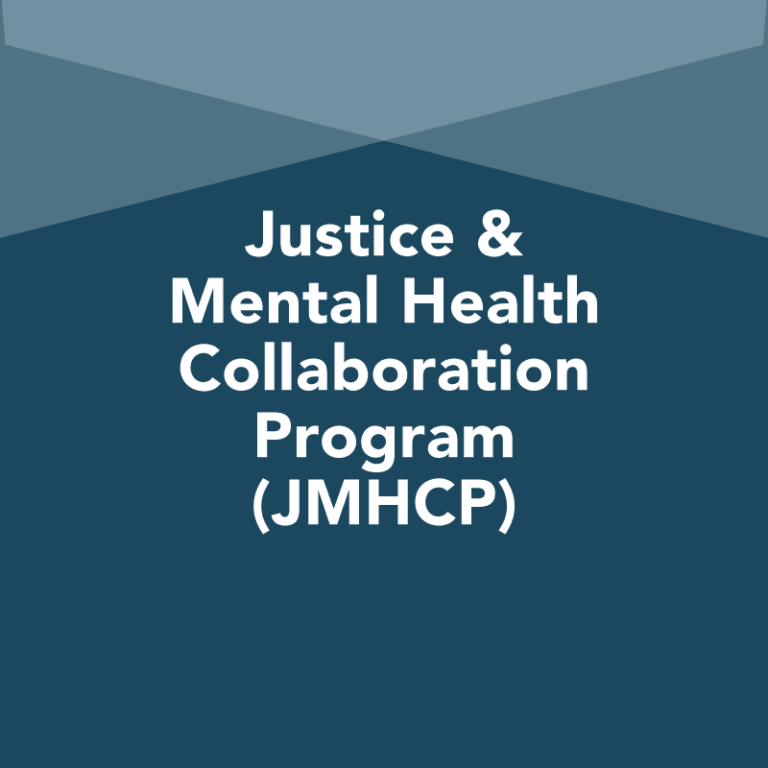The COVID-19 pandemic has aggravated deep-rooted systemic problems related to inequitable access to necessary care and services to address—and prevent—mental health crises in communities. Taking an intentional approach to creating and advancing local crisis care systems can help mitigate these situations, as building local crisis systems has proved to be successful and cost-effective. This brief details five actions state policymakers can take to fund and sustain local crisis systems and provides case examples of how local crisis systems in two jurisdictions have achieved cost savings and positive outcomes. (Photo credit: Sean Pavone via Shutterstock)
Related Resources

Preparing Law Enforcement Agencies for Embedded Clinicians
Crisis Systems, Law Enforcement, Mental Health
Read more
Building Successful Partnerships with Peer-Run Organizations
Co-Occurring Substance Use, Mental Health
Read more
FY2023 Planning and Implementation Guide for the Justice and Mental Health Collaboration Program
Co-Occurring Substance Use, Mental Health
Read moreAuthors

Alex Blandford
Program Director, Behavioral Health
Alex Blandford oversees and executes the CSG Justice Center’s health policy portfolio and works to improve access to health care for people in the criminal justice system through federal, state, and local policy. Prior to joining the CSG Justice Center, Alex was a project coordinator for the Institute for Evaluation Science in Community Health, which is housed in the Graduate School of Public Health at the University of Pittsburgh. As a project coordinator, she oversaw a variety of research projects, including one examining the Pittsburgh region’s emergency response to mental health crises, and another evaluating the region’s Crisis Intervention Team training for police officers. She earned her BS in psychology and BA in French from the Pennsylvania State University and her MPH at the Graduate School of Public Health at the University of Pittsburgh.

Stephanie Ueberall
Deputy Program Director, Corrections and Reentry
Stephanie Ueberall works with states and counties to improve outcomes for youth in the juvenile justice system. Stephanie has also worked to reduce the overuse of jail through initiatives such as Stepping Up and the MacArthur Foundation’s Safety and Justice Challenge. She has extensive experience with youth and families involved in the justice system through direct service, research, technical assistance, and program design. Most recently, Stephanie was the director of violence prevention at the Citizens Crime Commission of New York City, where she worked to enhance community-led youth gun violence prevention. Stephanie holds a BS in psychology from the University of Arizona and an MA in community psychology from the University of New Haven.